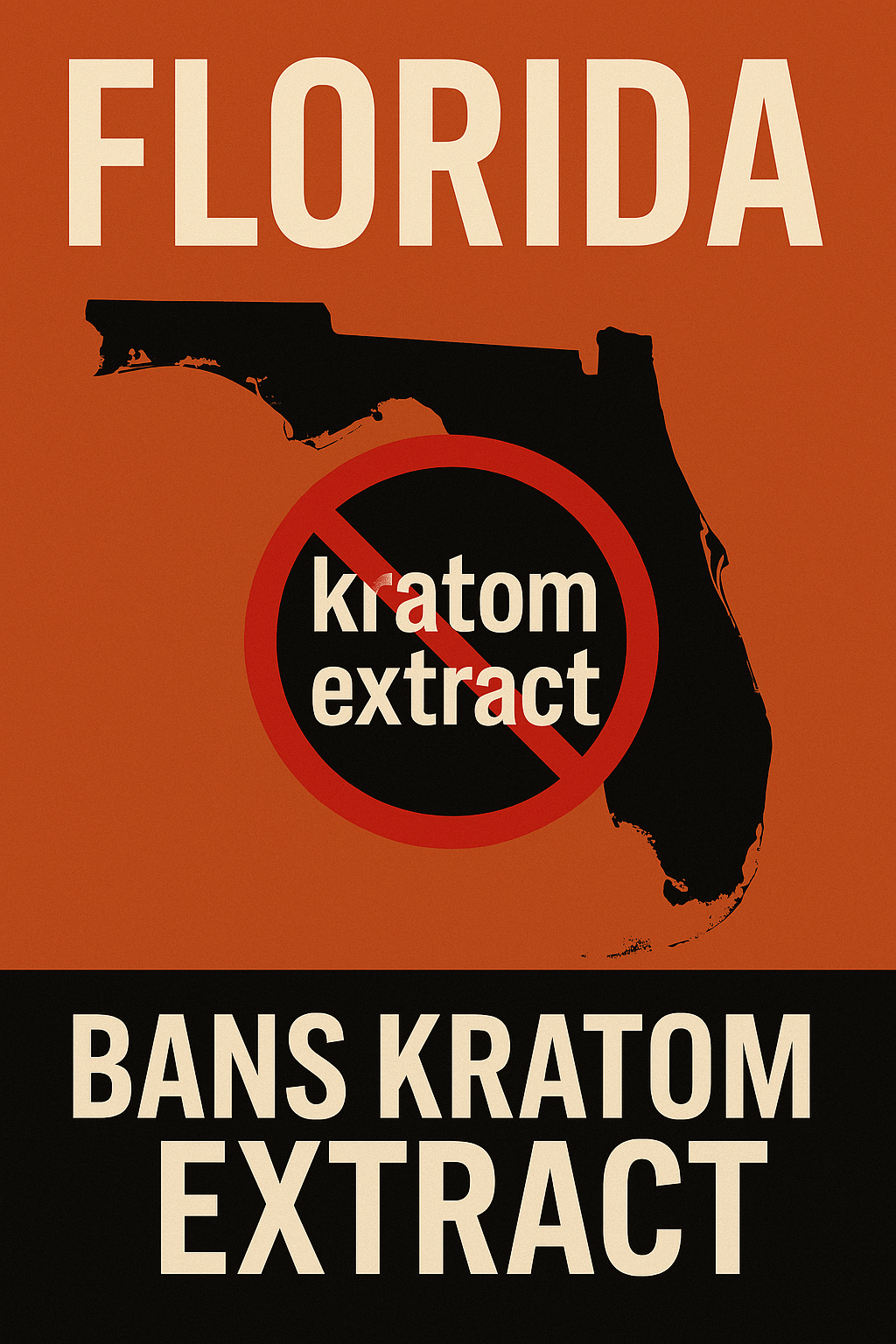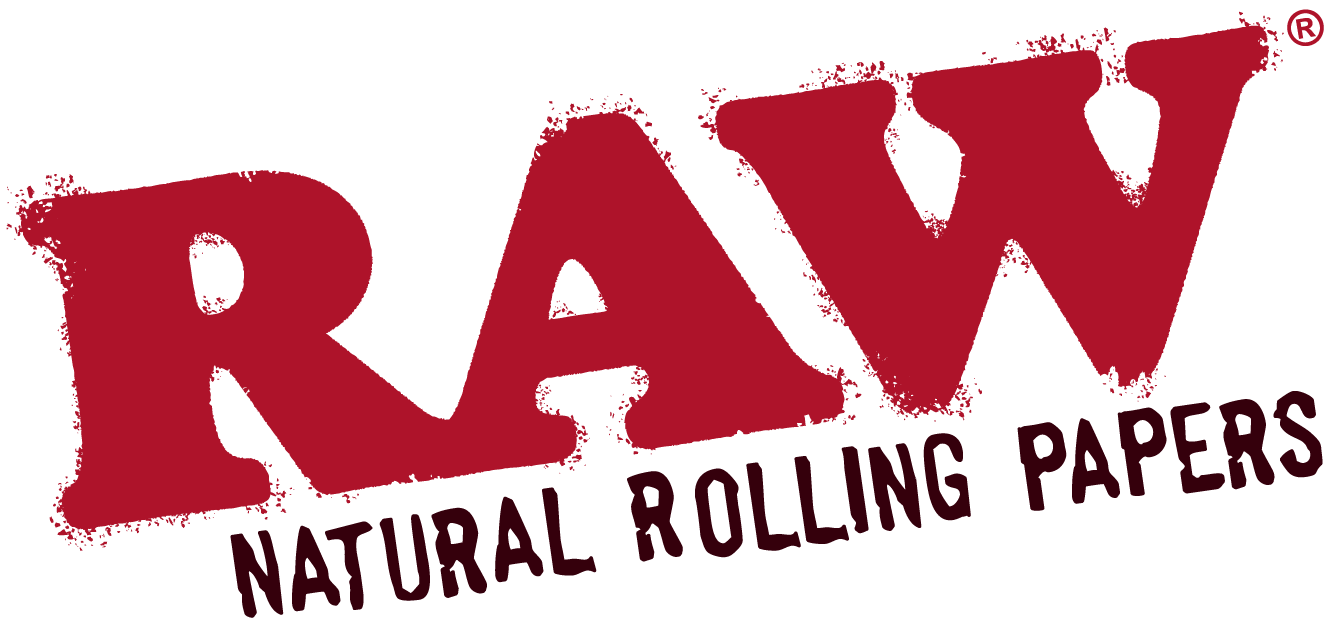Blog
7-OH Ban in Florida: What It Means

Understanding the 7-OH Ban in Florida
Florida lawmakers are moving forward with a statewide ban on 7-OH, a kratom-derived compound known for its potent effects. The ban is part of a larger push to regulate herbal supplements, especially those with opioid-like properties. The bill, led by State Senator Jay Collins, aims to restrict the sale and distribution of 7-OH, arguing that its effects mirror morphine and could pose health risks to consumers.
For businesses and kratom advocates, this ban is a major concern. Many argue that 7-OH is naturally occurring in kratom and should be regulated instead of banned outright. As legislative debates continue, the future of kratom-based products in Florida remains uncertain.
What Is 7-OH and Why Is It Controversial?
7-OH, or 7-hydroxy-mitragynine, is an alkaloid found in kratom leaves. It is considered one of kratom’s most active compounds, contributing to its pain-relieving and relaxing effects. In small doses, it is used by consumers for stress relief, focus, and mild pain management.
However, scientists and regulators argue that 7-OH behaves similarly to opioids, making it a target for regulation. Some studies suggest it has a strong binding affinity to opioid receptors, leading lawmakers to treat it like a controlled substance. The ongoing debate revolves around whether it should be regulated, restricted, or banned entirely.
Why Is Florida Banning 7-OH?
Florida officials cite public safety concerns as the main reason for banning 7-OH. Lawmakers believe that unregulated access to the compound could lead to misuse, dependency risks, and potential health complications.
Key Reasons for the Ban:
- Opioid-like effects: Some studies suggest 7-OH interacts with mu-opioid receptors, leading to concerns about its potential for misuse.
- Public health concerns: Officials worry that easy availability may lead to unregulated consumption and potential health risks.
- Precedent from other states: Several states have already restricted or banned kratom extracts, and Florida may follow suit.
While these concerns drive the ban forward, many in the kratom community argue that responsible use and proper labeling could prevent problems without the need for an outright ban.
How Will the Ban Affect Businesses?
If the ban is enacted, Florida-based retailers will be forced to remove 7-OH products from their shelves. This includes smoke shops, wellness stores, and online vendors operating within the state. Businesses that rely on kratom-derived supplements may struggle to replace lost revenue.
Key Impacts for Businesses:
- Retailers must stop selling 7-OH products or risk penalties.
- Online vendors may lose Florida customers if local laws restrict access.
- Shops will need alternative products to fill the gap left by 7-OH.
- Legal challenges from industry groups may delay enforcement.
Some businesses are preparing by shifting focus to other kratom extracts or exploring alternative botanical supplements. Others are lobbying against the ban, hoping for regulation instead of prohibition.
How Will Consumers Be Affected?
For Florida consumers, this ban could mean limited access to 7-OH products. Many use kratom extracts for stress relief, mild pain management, and relaxation. Without access to these products, consumers may look for alternatives, including:
- Purchasing from out-of-state vendors (if legal).
- Exploring non-kratom herbal supplements.
- Joining advocacy efforts to fight the ban.
Consumer advocacy groups argue that education and regulation would be more effective than a complete ban. They fear restrictions will push 7-OH sales underground, leading to unsafe products entering the market.
What’s Next for 7-OH in Florida?
While the ban is gaining momentum, it is not finalized. Lawmakers continue to debate the details, including potential exceptions or alternative regulations. Industry groups are challenging the restrictions, and some legal experts expect court battles over the bill’s wording and enforcement.
Possible Outcomes:
- Full Ban – Florida bans 7-OH, forcing retailers to remove it entirely.
- Regulated Sales – Lawmakers introduce strict regulations instead of banning the compound outright.
- Legal Challenges Stall the Ban – Advocacy groups may push back, delaying or modifying enforcement.
Staying Informed
For businesses and consumers, staying informed is crucial. If passed, Florida’s 7-OH ban could set a precedent for other states, impacting the entire kratom industry. As the debate unfolds, Earthscript.net will continue to provide updates and insights.
Bookmark our site for the latest news on kratom laws, industry trends, and advocacy efforts.











